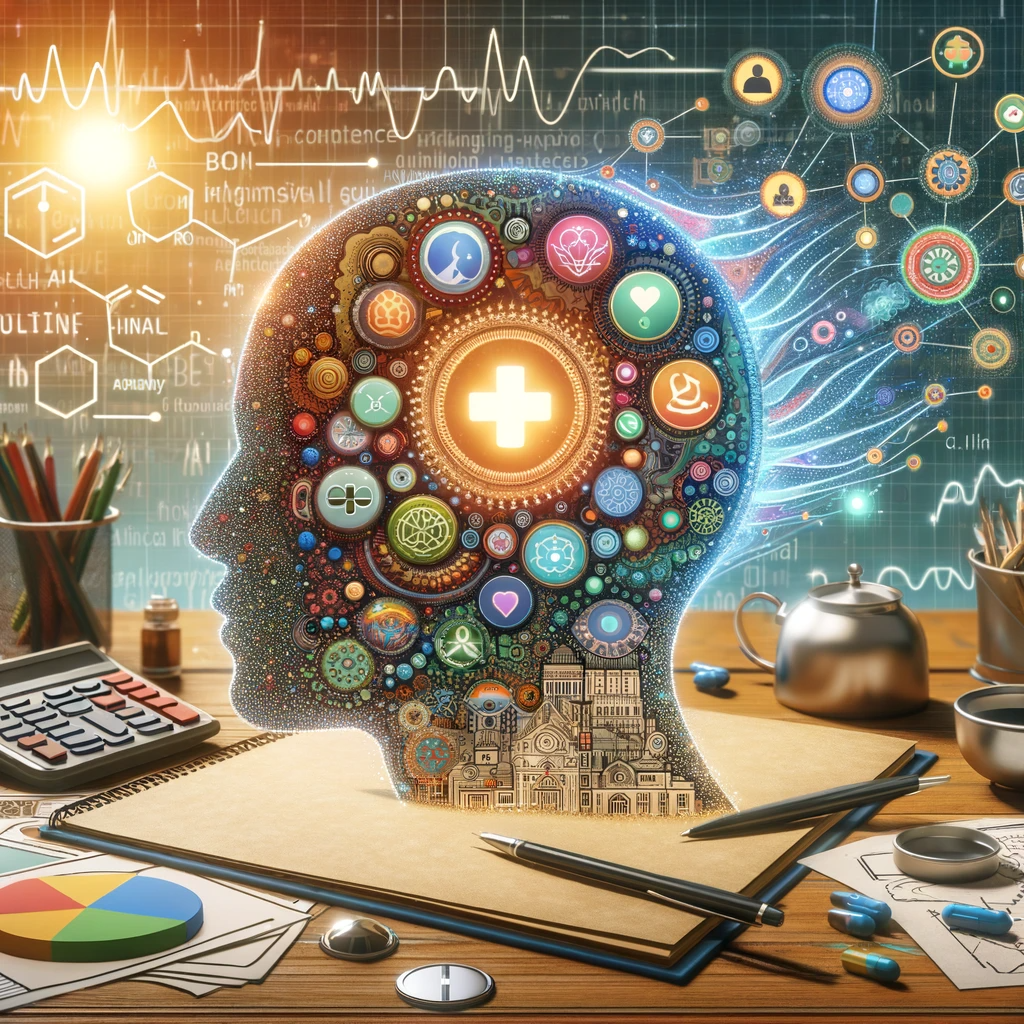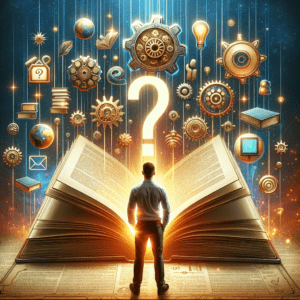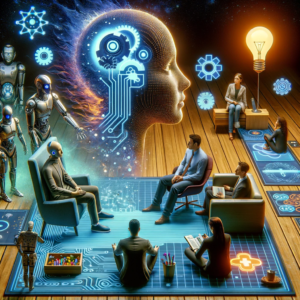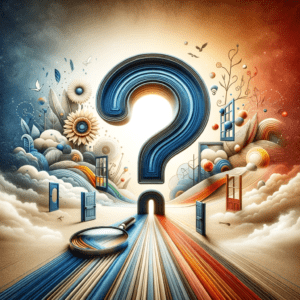1. Reframing Cultural Competence: Objectivity and Critical Thinking
In the context of mental health, cultural competence can be reframed as objectivity and critical thinking. As a GIS Analyst, I’ve learned the importance of data integrity. Inaccurate data leads to skewed results, similar to how poor quality data in healthcare can lead to diagnostic errors. Therefore, practicing objective investigation is akin to cultural competence. It’s about seeking truths beyond personal views. In therapeutic intake processes, diagnosis, and case conceptualization, the quality of data is paramount. The path to enhanced cultural competence and preventing diagnostic errors is intertwined with understanding the data collection process and interpretation.
2. Infusing Cultural Competence and Responsiveness into Clinical Assessments
Achieving complete objectivity in clinical assessments is challenging for humans, but perhaps not as much for Artificial Intelligence. Mental health companies and clinics will likely begin to leverage AI to create better policies and assessments, including cultural and diverse considerations. AI could be one of the best methods for counselors to ensure more culturally competent processes are standardized nationally and perhaps globally.
3. The Role of AI in Minimizing Biases in Assessments
It’s nearly impossible to eliminate biases and subjective interpretations for any human. However, AI can offer a more balanced, objective perspective, especially in understanding various cultural nuances. Pairing a therapist’s openness with the vast knowledge of a mental health-trained AI system could be revolutionary. Variables that influence assessments, diagnosis, and case conceptualizations, such as confirmatory strategy, attribution error, judgmental heuristics, and diagnostic overshadowing, could largely be minimized with such an approach.
4. The Vision for a Culturally Competent Collaborative Approach
I envision a culturally competent collaborative approach, team, or AI as a best practice for any intake process or assessment, potentially greatly reducing miscommunication, misinterpretations, and misdiagnosis. As the world becomes more connected, counselors may soon find themselves serving clients from different countries. Therefore, the need to become more culturally diverse in any therapeutic approach or process, while being mindful of technological advancements, is more important now than ever.
5. Understanding AI’s Role and Potential in Mental Health
Many people don’t fully understand AI yet, but its integration into mental health is unavoidable. AI will not replace therapists but will enhance their abilities. AI isn’t meant to be the primary front-line process for understanding a client, but it can be a powerful tool once a counselor has clarity on the client’s culture and experiences. AI can generate and create assessment plans with the knowledge of every expert psychology book and theory ever created. Today, we have the capability to write an in-depth analysis about a client, feed it to an AI, and receive guidance, best practices, or a structured treatment plan in various languages.
6. Addressing Current Challenges in Counseling with AI
Unfortunately, many counselors currently do not put forth much effort toward truly understanding their client’s cultures. This is already a problem with human counselors, compounded by the lack of a quality-checking system. AI can be that quality check and can support and enhance our abilities to remain culturally competent and objective. The integration of AI in mental health is an inevitable step that promises to enhance the capabilities of therapists, ensuring more accurate, unbiased, and culturally sensitive healthcare services.
Conclusion
The integration of cultural competence, responsiveness, and AI in mental health represents a significant advancement in the field. It promises a future where mental health services are not only more accurate and unbiased but also culturally sensitive and inclusive. This integration is a testament to the evolving landscape of healthcare, where technology and human expertise come together to offer the best possible care.
This source discusses the importance of cultural competence in healthcare, particularly for American Indians and Alaska Natives, and supports the claims about the potential role of AI in enhancing cultural competence and responsiveness in healthcare.






